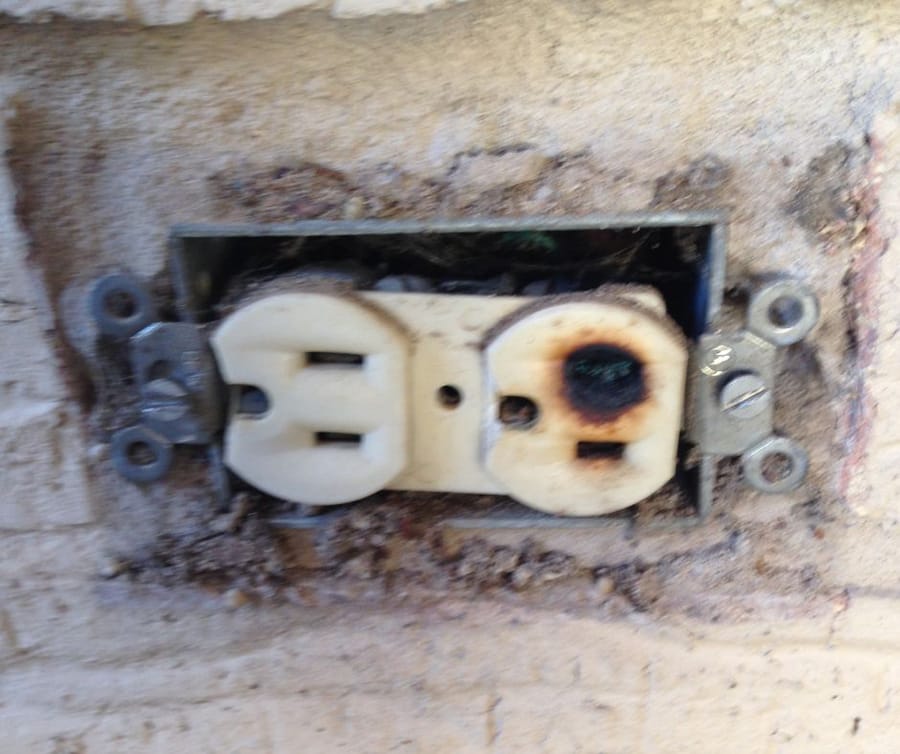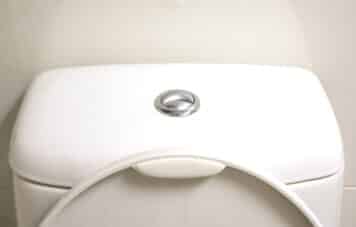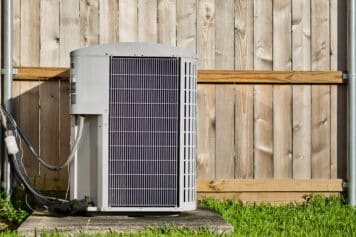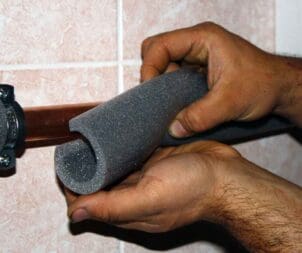
Homeownership comes with many responsibilities, but none are more important than keeping your family safe. Electrical safety often gets overlooked until something goes wrong, yet it is one of the most critical parts of maintaining a home. Faulty wiring, outdated systems, and misuse of outlets or appliances can all create risks. By understanding the basics and knowing when to call in professionals, homeowners in New Jersey, Delaware, and Pennsylvania can avoid costly damage and protect their loved ones.
Why Electrical Safety Matters
Electricity powers almost everything in today’s home, from lighting and HVAC systems to smart devices and entertainment centers. While modern conveniences make life easier, they also increase demand on electrical systems that may already be outdated. Ignoring warning signs of trouble can lead to shocks, fires, or system failures. A proactive approach ensures efficiency, prevents emergencies, and extends the lifespan of appliances and wiring.
Common Electrical Hazards in Homes
Before exploring solutions, it is important to recognize where dangers may arise.
Overloaded Circuits and Outlets
One of the most common issues is plugging too many devices into a single outlet or power strip. This causes circuits to overheat and can result in sparks or even electrical fires. If lights flicker when you use appliances, or if breakers trip often, your circuits may already be overloaded.
Outdated or Damaged Wiring
Older homes across NJ, DE, and PA often contain outdated wiring that cannot handle modern electrical demands. Wiring that appears frayed, discolored, or warm to the touch should never be ignored. In addition, aluminum wiring, common in homes built during the mid-20th century, poses added risks if not maintained properly.
Faulty Electrical Panels
Your electrical panel is the heart of your home’s system. If it is outdated or unable to keep up with demand, you may experience frequent power disruptions. A faulty panel is also more likely to overheat and fail. For more detailed insight, review Harris’s guide on when to upgrade your electrical panel for warning signs and benefits.
Essential Electrical Safety Practices
Recognizing hazards is only the first step. Applying best practices will keep your home safe and efficient.
Regular Inspections by Professionals
Annual inspections are critical for identifying hidden problems before they escalate. Licensed electricians can evaluate wiring, outlets, and panels for wear and compliance with current safety standards. Inspections are especially important if your home is older or if you plan major renovations.
Safe Use of Extension Cords
Extension cords are meant for temporary use. Running them under rugs, through doorways, or across busy areas creates tripping and fire hazards. If you find yourself relying heavily on extension cords, it may be time to install additional outlets where needed.
Testing Smoke and Carbon Monoxide Detectors
Every home should have working smoke and carbon monoxide detectors. These devices save lives by alerting you to danger before it is too late. Test them monthly, replace batteries at least once a year, and upgrade detectors every 10 years.
Preparing for Modern Smart Home Integration
Smart technology is becoming a staple in households, from voice-activated assistants to connected thermostats and security systems. While convenient, these devices demand more from your electrical system.
Upgrading Outlets and Panels
Installing USB outlets, dedicated circuits, or a panel upgrade ensures that your system can handle new loads without risk. Many homeowners find that upgrading their panel not only improves safety but also prepares their home for future technology.
Whole-Home Surge Protection
Smart devices are sensitive to sudden voltage spikes caused by storms or utility fluctuations. Whole-home surge protection prevents costly damage to electronics and appliances. To understand the benefits, explore Harris’s advice on protecting your home with surge protection and why it is a smart investment.
Energy Efficiency and Safety Combined
Smart systems allow you to monitor usage, schedule appliances, and avoid overloading circuits. When paired with professional installation, these upgrades make your home safer while lowering energy bills.
When to Call a Professional Immediately
Even with the best precautions, certain signs should never be ignored.
Burning Smells or Sparks
If you notice outlets that spark or emit a burning smell, shut off power to that area and call a licensed electrician right away.
Frequently Tripping Breakers
Occasional trips are normal, but frequent issues point to deeper problems. Overloaded circuits, faulty wiring, or a failing panel may all be to blame.
Flickering or Dimming Lights
Lights that flicker when appliances turn on often indicate overloaded circuits or wiring issues. This should always be inspected by a professional.
Harris Is Your Trusted Partner in Electrical Safety
Electrical safety is not something to put off for another season. Homeowners in New Jersey, Delaware, and Pennsylvania can count on Harris Plumbing, Heating, Air & Electric for reliable inspections, repairs, and upgrades. Whether you need a panel upgrade, outlet repair, or surge protection, our licensed electricians are ready to help.
Take Control of Your Home’s Safety
Understanding electrical safety gives you the power to protect your family, your property, and your peace of mind. By practicing good habits, staying alert to warning signs, and working with trusted professionals, you can ensure that your home remains safe and efficient.
Call Harris Plumbing, Heating, Air & Electric today to schedule your electrical inspection or upgrade. With expert service across NJ, DE, and PA, Harris is here to keep your home powered safely for years to come.




